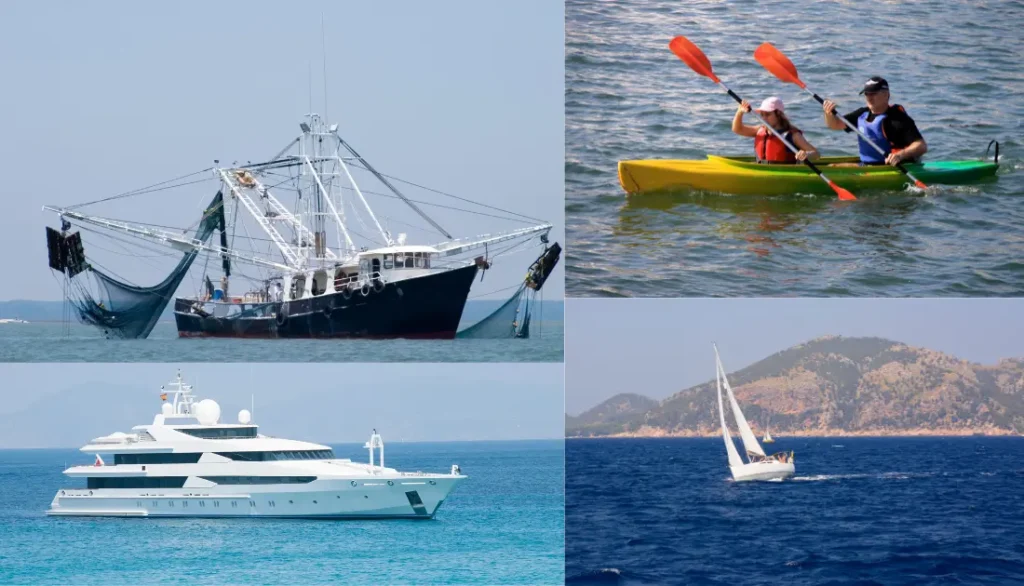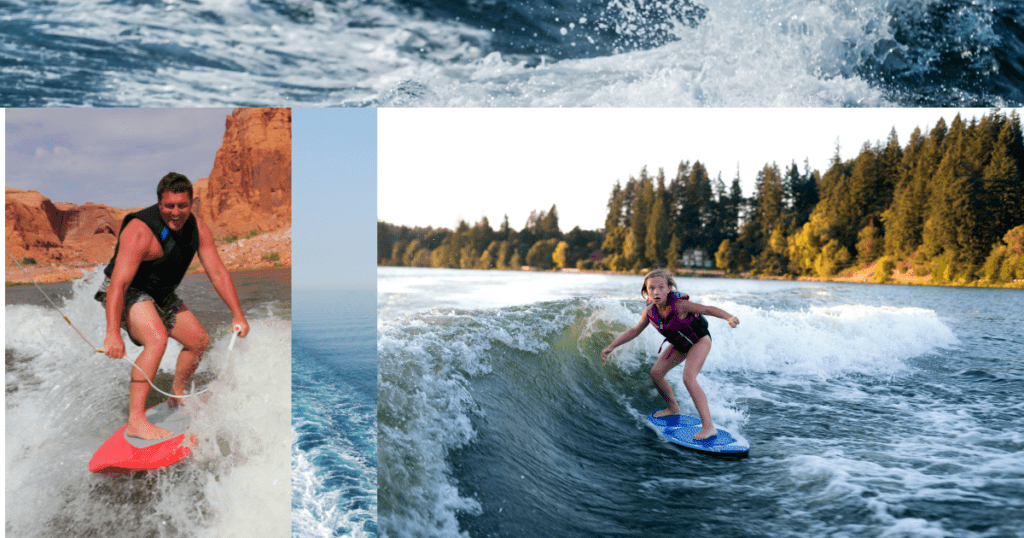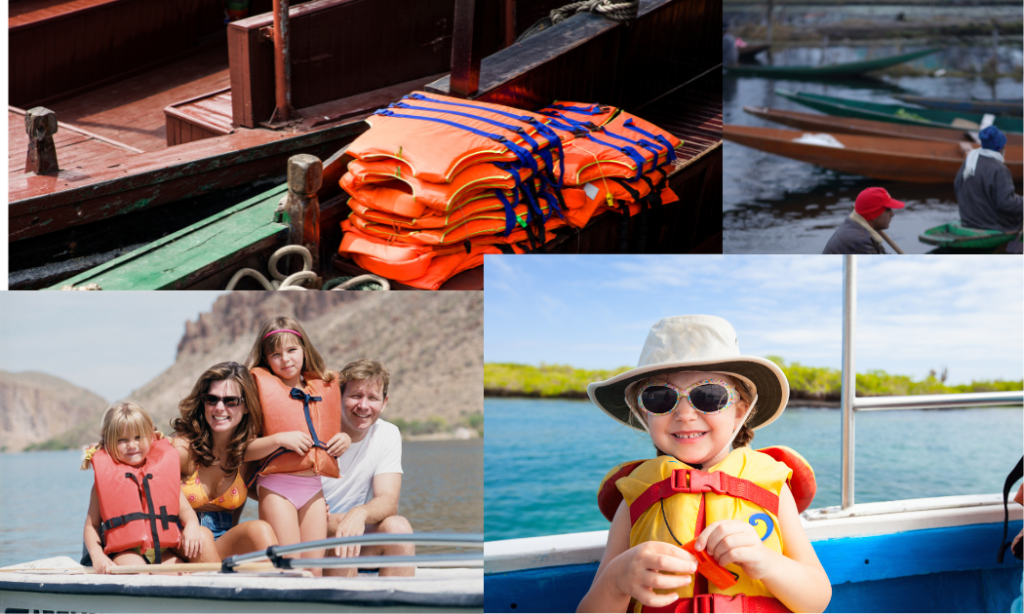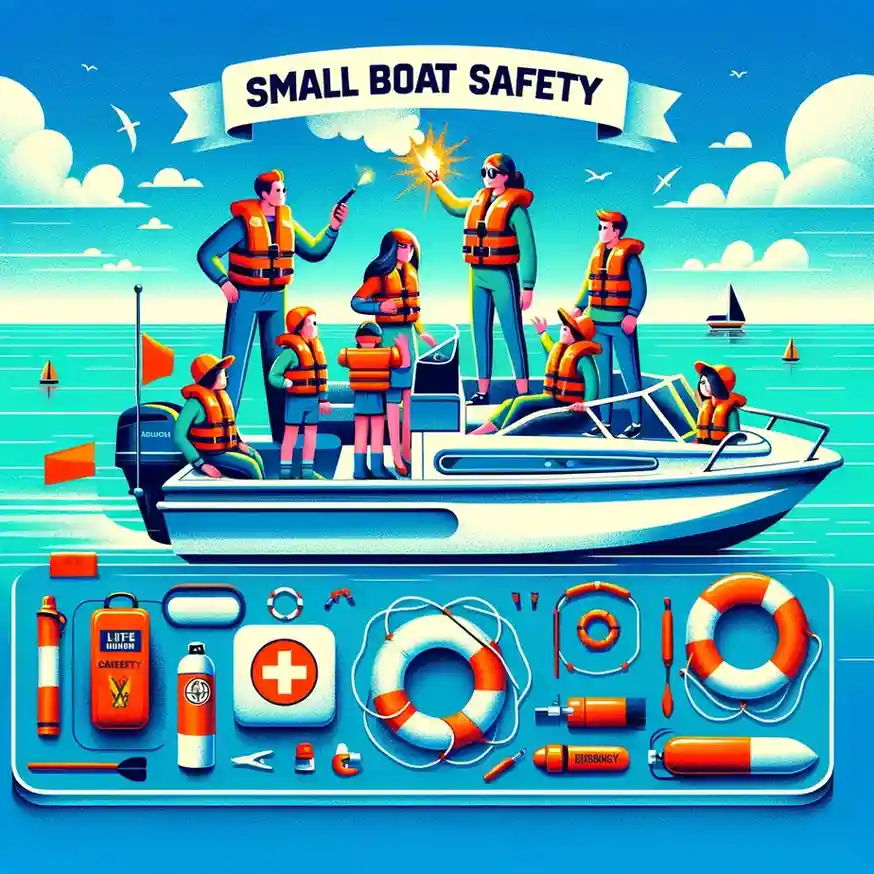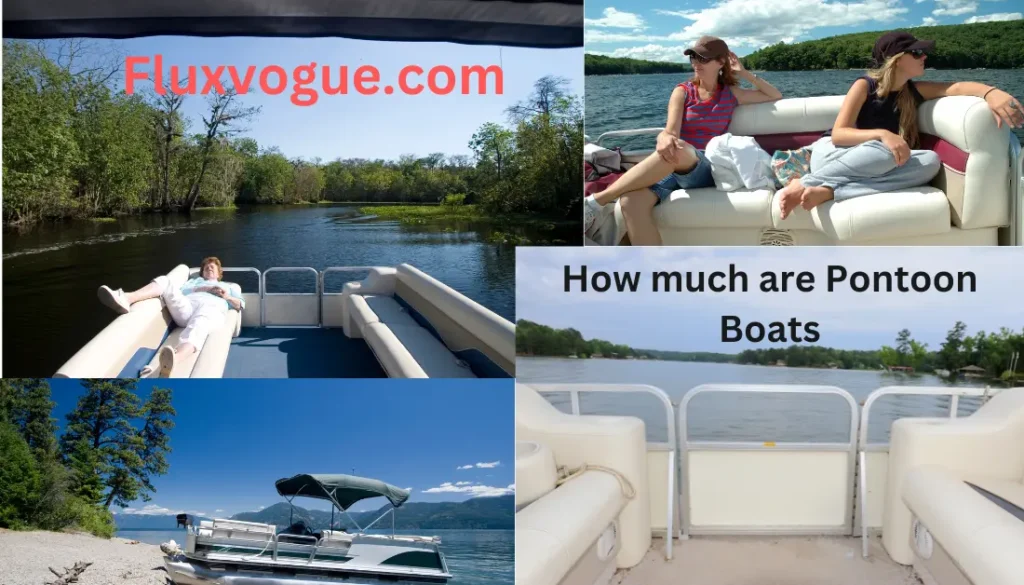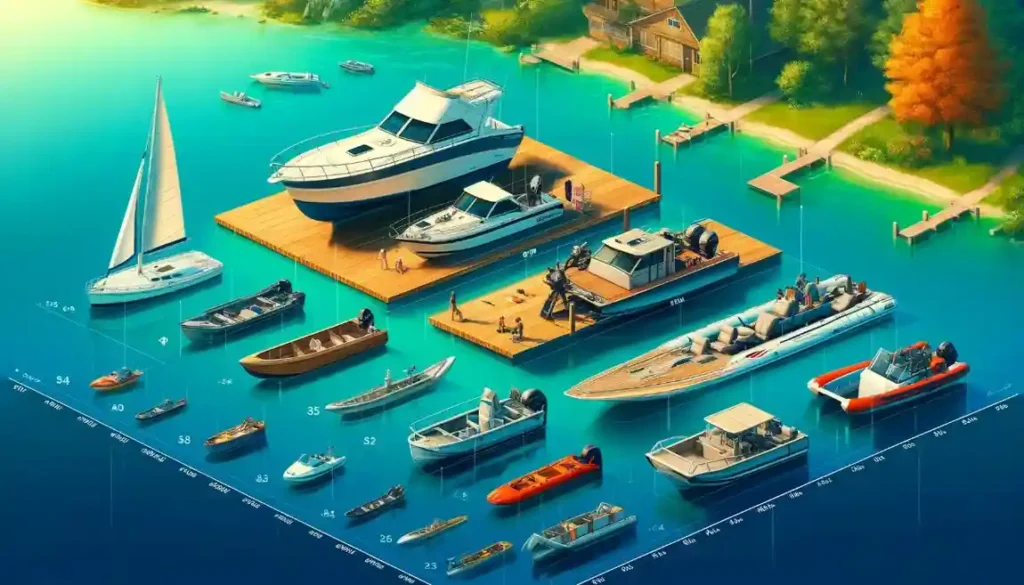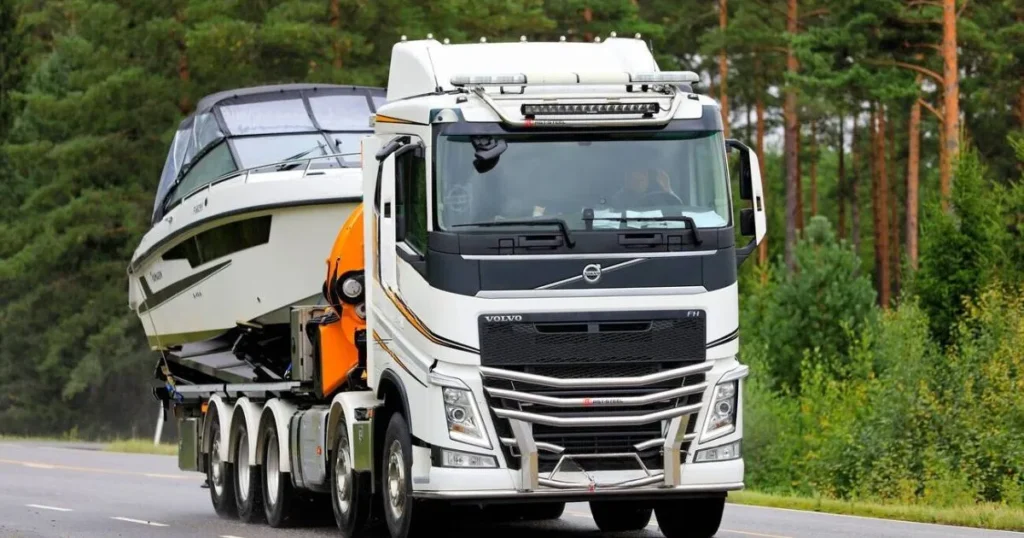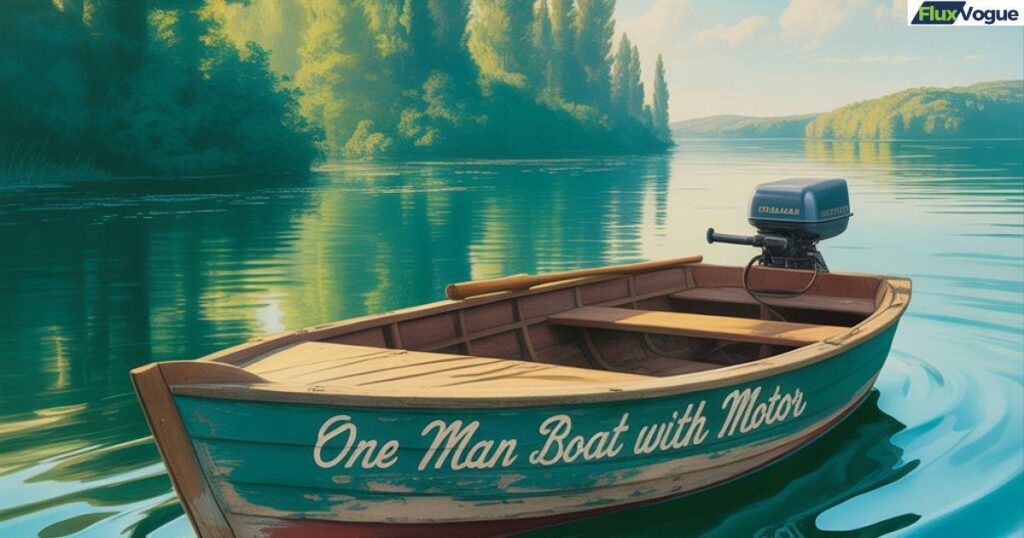Boating is a hobby that appeals to people, whether for fishing, sailing, or simply relaxing on a lake. If you’re considering purchasing a boat, you’re likely curious about the associated expenses. Boat prices can vary greatly. Having a grasp of these differences can help you plan your budget wisely. In this article, we will explore the factors that influence how much do boats cost, compare the costs of types of boats, and address expenses to keep in mind.
Table of Contents
What Factors Impact Boat Prices?
When it comes to purchasing a boat, several factors play a role in determining its price;
Type of Boat: Whether it’s a kayak or a yacht, the kind of boat significantly impacts its cost.
Size and Capacity: Generally, larger boats with capacities are more expensive.
Condition: While new boats come with higher price tags than used ones, used boats may require maintenance costs over time.
Brand and Features;
Premium brands and boats with features like GPS navigation systems or powerful engines also come with price points.
Boats for Fishing
Cost: $500 to $20,000
Characteristics: Ranging from rowboats to equipped vessels with trolling motors and fish finders
Sailing Boats
Cost: $5,000 to over $500,000
Size Consideration: Prices increase with size and the addition of cabins and luxury amenities
Pontoon Boats
Cost: $10,000 to $50,000
Ideal for Families; Perfect for relaxation and gatherings, offering ample deck space
Speedboats and sport boats cater to individuals seeking excitement and speed on the water, with prices ranging from $10,000 to $100,000. Yachts offer the epitome of luxury living, with price tags starting at $300,000 and escalating into millions. Commercial vessels come equipped with gear that can push their prices into the million-dollar range based on their capabilities.
| Type of Boat | Price Range | Common Uses | Key Features | Maintenance Cost (Annual) | Resale Value |
| Kayaks | $250 – $2,000 | Solo paddling, small water bodies | Portable, low maintenance | Low ($50 – $200) | Moderate |
| Fishing Boats | $500 – $20,000 | Fishing, casual boating | Varies by size, some equipped with live wells and trolling motors | Medium ($200 – $1,000) | High for well-maintained models |
| Sailboats | $5,000 – $500,000+ | Sailing, racing, cruising | Sails, often no fuel required, varies greatly in size | High ($1,000 – $10,000) | Depends on maintenance and age |
| Pontoon Boats | $10,000 – $50,000 | Leisure, partying, family outings | Spacious, stable, comfortable for groups | Medium ($500 – $2,000) | Moderate to High |
| Speedboats | $10,000 – $100,000 | Watersports, speed boating | High performance, powerful engines | High ($1,000 – $5,000) | Moderate, depending on engine and upkeep |
| Yachts | $300,000 – Millions | Luxury cruising, long voyages | Luxurious amenities, large living spaces, advanced technology | Very High ($10,000 – $100,000) | Low (depreciates quickly) |
| Commercial Vessels | Custom Pricing | Commercial operations (fishing, transport) | Specialized equipment, built for specific tasks | Varies greatly | Low (functional value over time) |
The costs of owning a boat go beyond the purchase price.
Here are some ongoing expenses to keep in mind;
Maintenance and Repairs;
Regular maintenance is essential. It can vary in cost.
Insurance: The annual insurance cost depends on the boat and its usage.
Storage: Whether marina fees or dry storage, prices differ based on location and the boat’s size.
Fuel: Fueling motorboats with use can be pretty expensive.
Tips for those buying a boat for the time;
Establish a budget that considers both upfront and recurring expenses.
Consider purchasing a used boat, as it can provide good value if well-maintained.
Always get an inspection before buying to avoid costs.
Learn about types of boats to find one that suits your needs and lifestyle.
You can buy boats from here
Conclusion
In conclusion, buying a boat is a commitment with costs varying based on factors like type, size, brand, and features. By understanding these aspects and factoring in all associated expenses, you can make a decision that fits your budget while fulfilling your boating aspirations. If you enjoy fishing, sailing, or just cruising around, there’s a boat that suits your waterborne escapades perfectly. Don’t hesitate to share your stories or queries in the comments! If you’re seeking in-depth advice on boat types or boating tricks, please drop us a line!
FAQ: Understanding Boat Costs
Q1: What is the best time of year to buy a boat for the best price?
A1: The best time to buy a boat in colder climates is often during the off-season, typically in the fall and winter months. Dealers may offer discounts to clear out inventory before new models arrive. Boat shows, which often occur during these times, can also provide opportunities for discounts.
Q2: What hidden costs should I know when buying a boat?
A2: Apart from the purchase price, several hidden costs must be considered. These include taxes, registration fees, insurance, storage costs, and maintenance. If your boat requires transportation to your home or a marina, delivery fees might also apply.
Q3: How can I finance a boat purchase?
A3: Boats can be financed through loans similar to car purchases. Options include bank loans, personal loans, or dealership financing. It’s important to compare rates and terms from multiple lenders to find the best deal. Also, consider the total cost of the loan, including interest over time.
Q4: What should I look for during a boat inspection?
A4: During a boat inspection, pay close attention to the hull condition for any signs of damage or repairs, ensure the engine is in good working condition (ask for a test run), check electrical systems and plumbing, and inspect for mildew or water damage in the interior. Hiring a professional surveyor is advisable, especially for larger, more expensive boats.
Q5: How do I estimate the ongoing maintenance costs for a boat?
A5: Maintenance costs can vary widely based on the type of boat, its age, and how frequently it’s used. A general rule is to budget 10% of the boat’s value annually for maintenance and repairs. For a more accurate estimate, consult other boat owners of similar models or ask a marine mechanic.
You can also read about Safe Sailing
